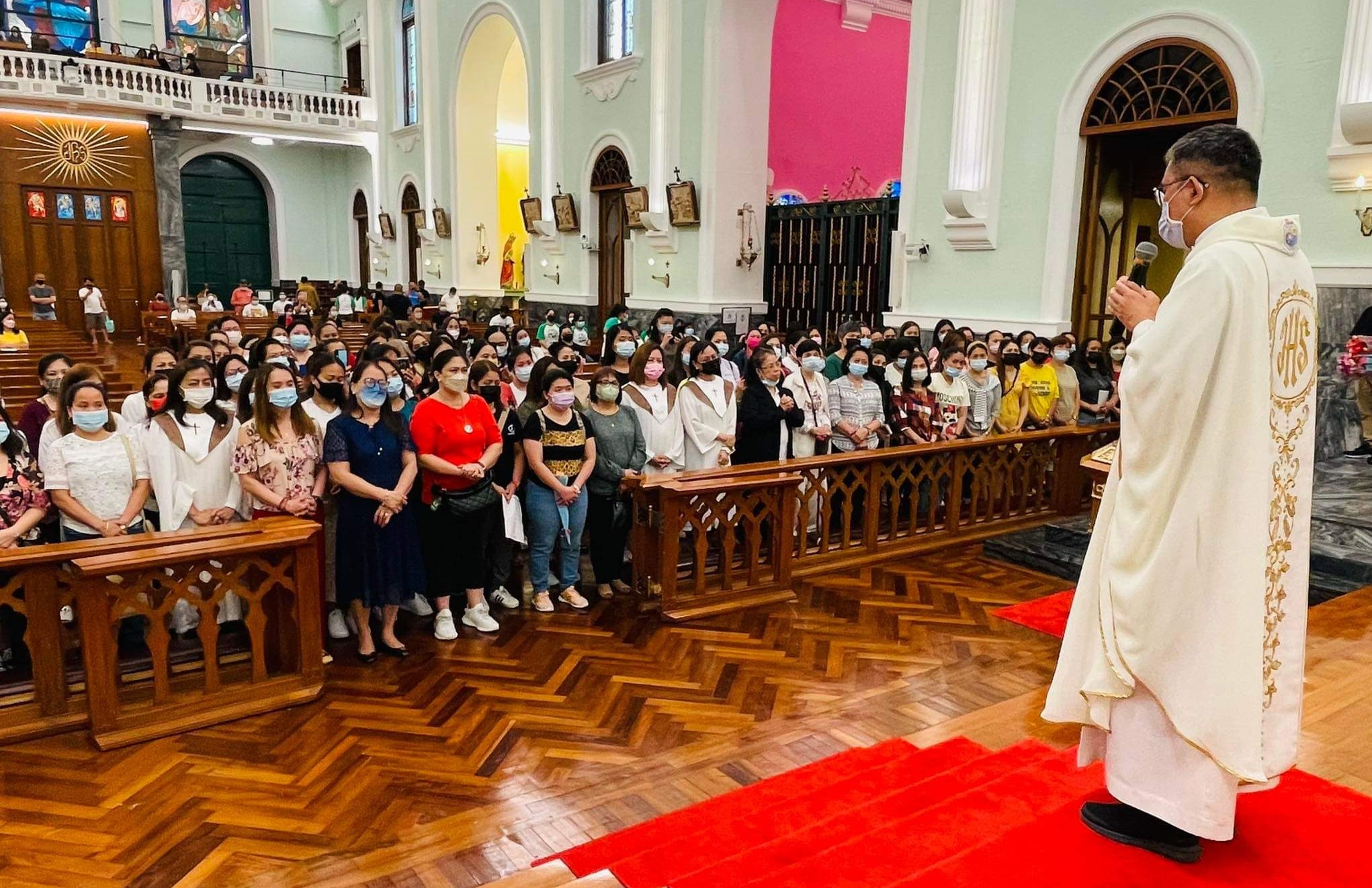Fr Leonard E Dollentas
From July 4-7, 2022, some 200 bishops, priests, and lay delegates from all the dioceses of the Philippines convened in Tagaytay City, south of Manila, for the last phase of the National Synodal Consultation. As the synodal journey, Pope Francis called for, has reached its final phase in the Philippines, the convention aimed at collecting all the reflections made locally. The synthesis of which will be sent to Rome for the Synodal Assembly of October 2023, which will bring together the bishops of the whole world.
In his opening address during the gathering, Bishop Pablo Virgilio David, president of the Catholic Bishops’ Conference of the Philippines (CBCP), called on the Philippine Church to take the opportunity of the synod to leave the Upper Room and “open its doors,” especially to the poor and the marginalized. “This synod,” he said, “has allowed us to name the many chasms, or gaps, that have kept us apart in the very unequal societies that we have built in this modern world.” The CBCP president emphasized the bright path as well as the challenge for the Church: “The good news is [that] our greatest bridge-builder can now cross over the gaps that Abraham described as unbridgeable. For through his cross, through his passion and death, he has allowed himself to become ‘like a bridge over troubled waters.’” He also emphasized a challenge for every faithful in the Philippine Church: “This is how the Church, both local and universal, is invited to participate in the mission.”
Following the Synodal Assembly, Philippine bishops also discussed how to build bridges to shorten distances; at their plenary assembly that followed on the 9-11 of July. The discussion included a proposal to be presented to the Vatican to set up a “personal prelature” for Philippine migrants in the world.
A personal prelature is church jurisdiction without geographical boundaries. Unlike dioceses, which cover territories, personal prelatures – like military ordinariates – take charge of the pastoral needs of its faithful, regardless of where they live, while they continue to be the faithful of their specific dioceses. This would mean that the proposed prelature will have pastoral jurisdiction of Filipinos who have left the country to work abroad. They will be complementing the dioceses around the world in responding to various and specific needs of the faithful. This special “borderless diocese” would have its own properly trained clergy and would follow Philippine migrants wherever they are in the world.
The Philippines Foreign Affairs Department estimates that as of 2019, there are over 10 million Filipinos overseas, 3 million of whom are temporary migrants or overseas Filipino workers (OFWs). In Macau, there are about 26,400 documented OFWs, and 5,295 are working in the hotel and gaming industries.
Msgr. Bernardo Pantin, secretary general of the CBCP, said the proposal will be on the table for a decision during the bishops’ assembly. If the bishops come up with an affirmative decision, the proposal will be sent to Rome for approval. At present, the only personal prelature in the Church is Opus Dei. According to Msgr. Pantin “This is unique… if approved it will be a first (that will cater to the migrants) in the whole Church.”
(Photo: A gathering of Filipino migrant workers at a church in Macao)


 Follow
Follow


